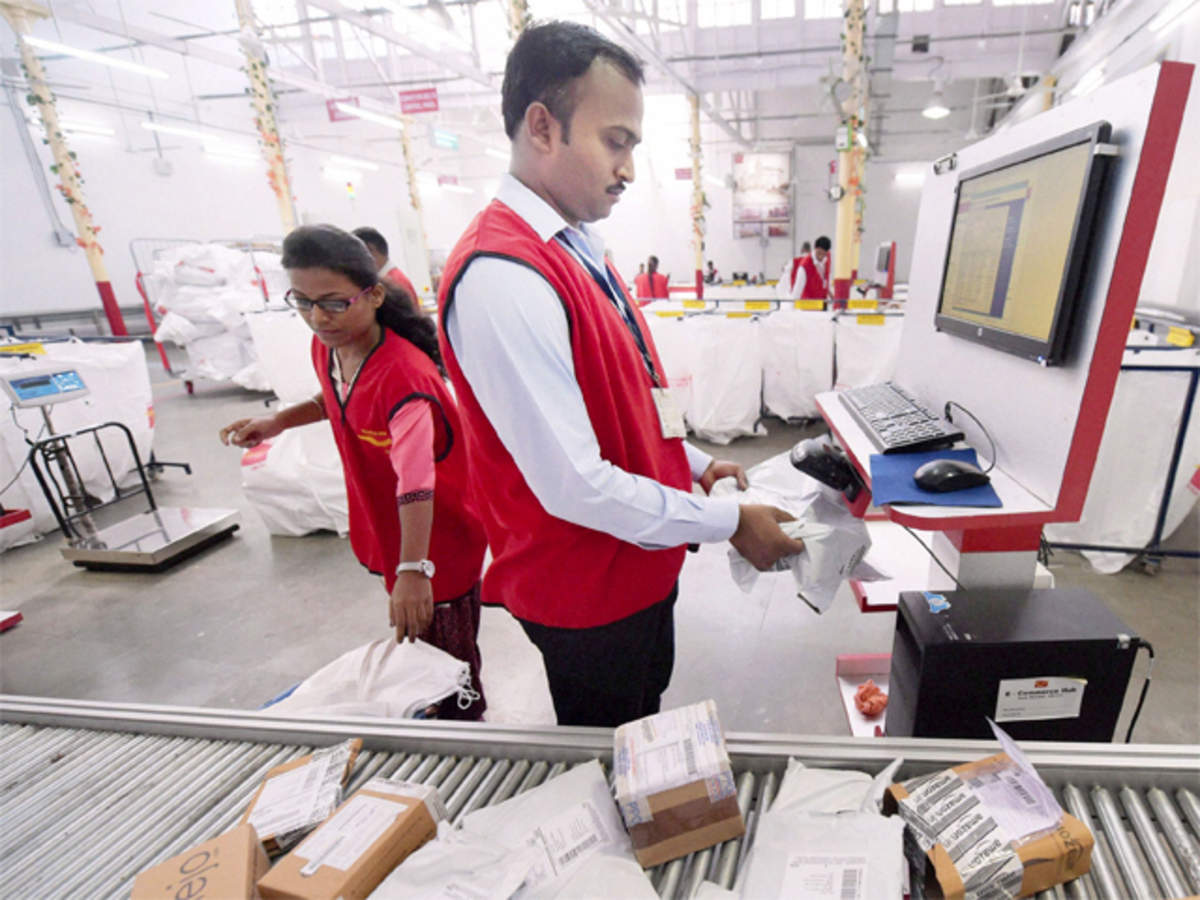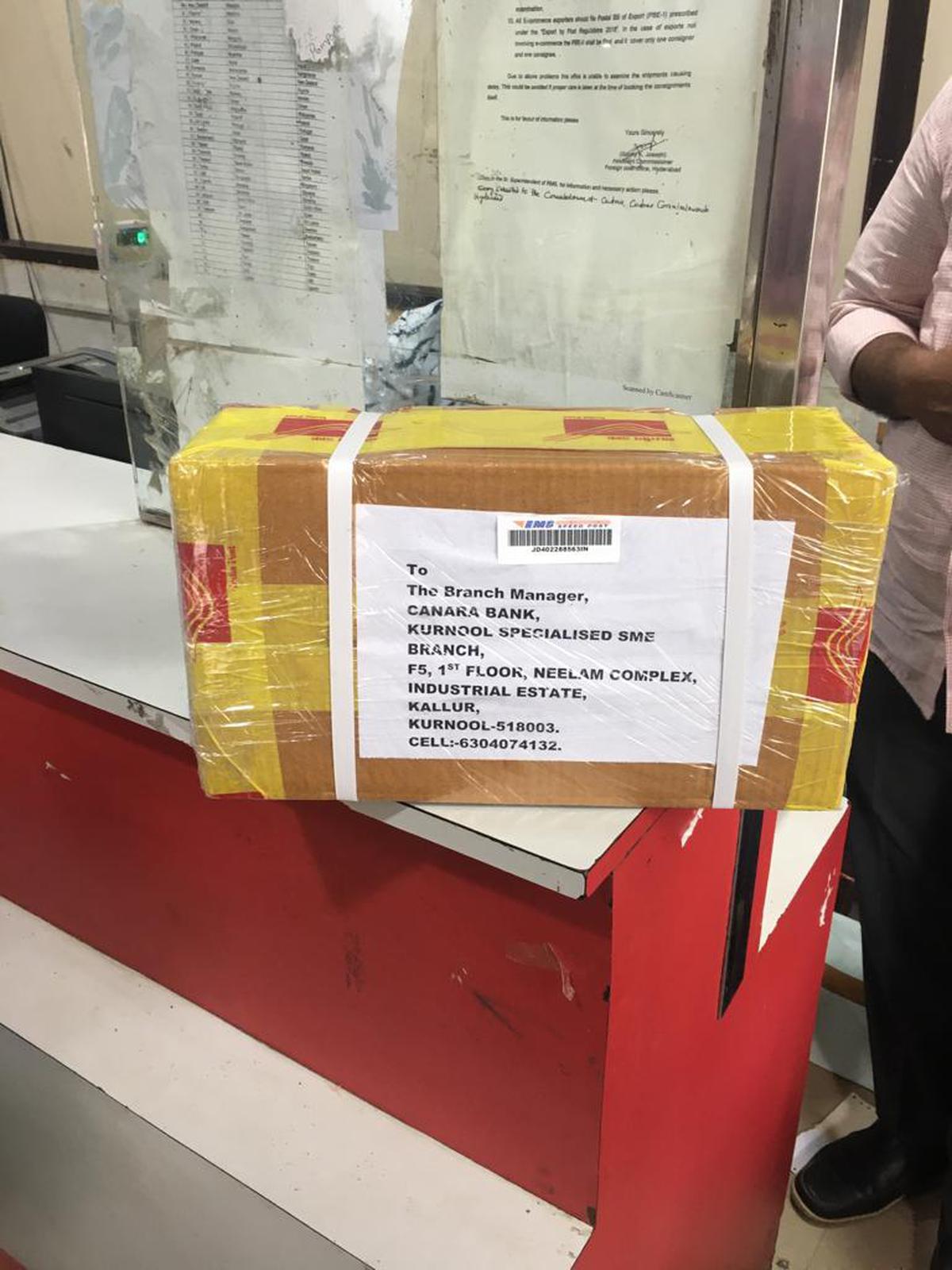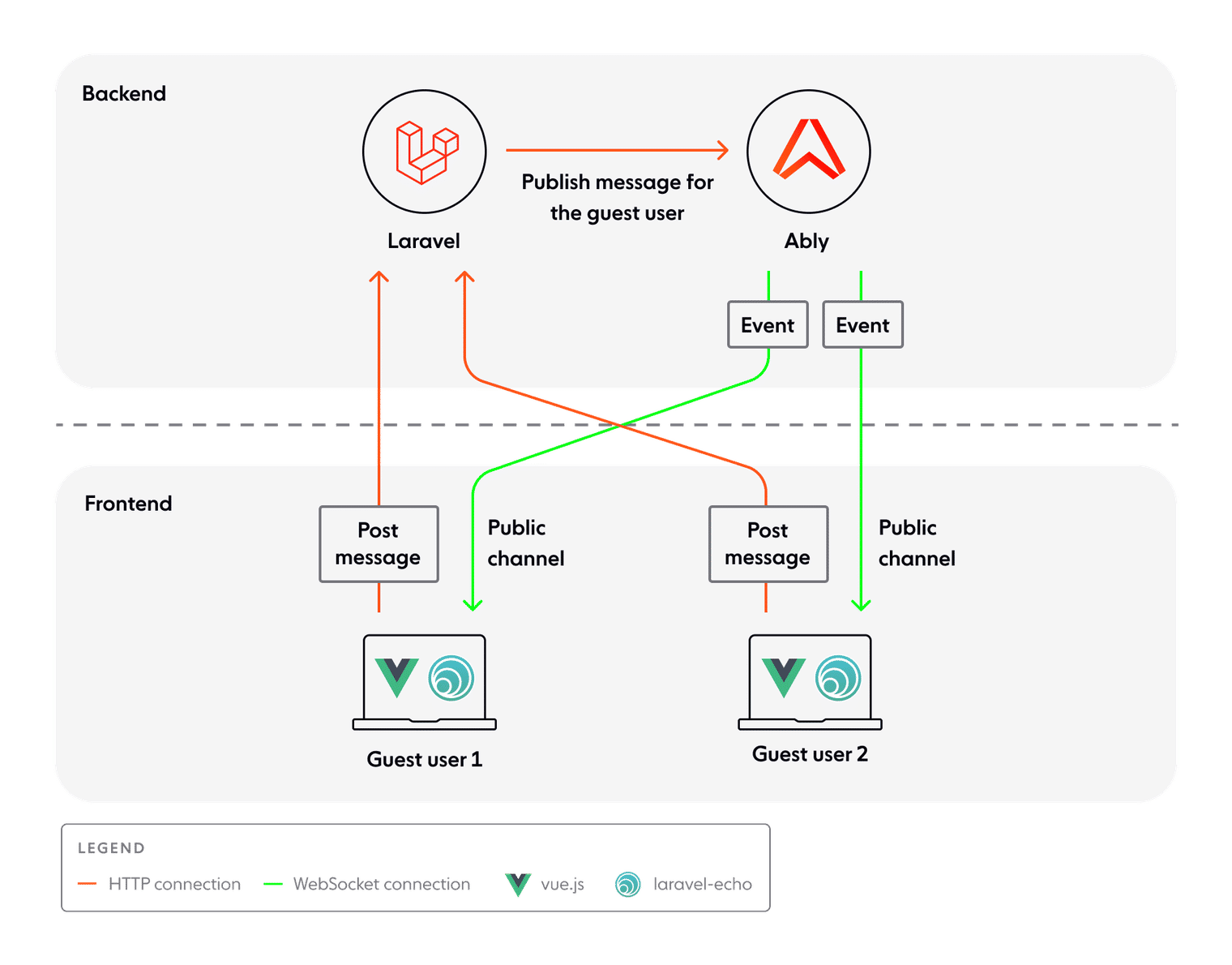RMS: The Backbone of Sorting and Delivery
The Railway Mail Service, or RMS, plays a critical role in India’s postal operations. As the primary logistics network for transporting mail across long distances, RMS operates 24/7 to facilitate the sorting and transit of letters and packages nationwide. Speed Post articles first arrive at National Sorting Hubs located near major railway stations for initial segregation before embarking on their journeys via train to other sorting facilities.

NSHs: Gateways for Mail Exchange Between Circles
National Sorting Hubs, abbreviated as NSHs, function as gateways for the exchange of mail between postal circles. There are currently 89 such NSHs distributed strategically across India, mainly co-located with RMS facilities for seamless handovers. Each NSH is responsible for sorting incoming mail articles by destination and bagging them into transit bags labeled for other NSHs. This sorting allows for efficient onwards dispatch via RMS to reduce delivery time. Some notable NSHs include Kolkata, Delhi, and Mumbai which serve as critical hubs due to their locations and volumes handled.
Further Segregation Within Circles at ICSHs
Within each postal circle, mail is further segregated at the subordinate level of Intra-Circle Sorting Hubs, abbreviated ICSHs. For example, in the state of Bihar, NSH Gaya will close bags for ICSH Dehri while NSH Barauni and Muzaffarpur close bags for other ICSHs. Additionally, NSH Patna has the capability to close bags for multiple ICSHs like Arrah, Chhapra, Kiul and Bhagalpur. Similarly, Jharkhand’s postal operations involve NSH Ranchi mapped to ICSH Daltonganj and NSH Dhanbad paired with ICSHs Sahibgunj, Deoghar, Gomoh and Hazaribagh.
Tracking a Speed Post Article from Booking to Delivery
Let’s consider the journey of a hypothetical Speed Post article booked from Birpara Post Office in West Bengal to Thiruvannamalai Post Office in Tamil Nadu. If booked before the cut-off time, it would first be dispatched on SG 13 IN train to NSH Siliguri, the responsible sorting hub. There, it would be sorted and bagged for onwards transit to NSH Villupuram. The bag would then be placed inside another transit bag labeled for NSH Kolkata for air transport. Upon receiving the transit bag, NSH Kolkata would rebag it for Chennai AP TMO for dispatch. The following day, NSH Chennai would receive and further bag it for Villupuram and then to Egmore TMO for final sorting to the destination post office. Through the efficient sorting at multiple NSHs and RMS transport, the estimated delivery time is 3 days excluding holidays when booking/delivery offices are closed but internal transit via RMS continues uninterrupted.
Locating Passports Mishandled at NSHs
In cases where passports are missent during sorting at NSHs, tracking them down can be challenging without knowing their locations. The two major NSHs responsible for sorting mail in Delhi and Gurugram are Palam Vihar and Udyog Vihar Phase 5 respectively. If your passport disappears in transit, the first step should be to directly contact these NSHs and check their current inventory. Compared to passive online tracking, showing up in-person is often the fastest way to recover passports at sorting hubs before they are moved onwards. Knowing NSH addresses upfront can save valuable time for applicants awaiting their important documents.
Continuous Improvements to Enhance Delivery Experience
While the sorting process relies on efficient NSH and RMS networks, the Indian postal department continually enhances operations based on technological advancements and customer feedback. Initiatives like dedicated passport tracking modules, online notification of article movements between hubs, expanded network coverage to newer districts, and integration with Last Mile delivery partners all aim to shorten delivery timeframes. With risingdemandputonlogisticsinfrastructure,focusalso remainsoncapacitybuildingthroughinfrastructure investments,manpowerplanningandautomatedsorting equipmenttoprovidenever-before speed,reliabilityandcustomerconvenience.
In Summary
The National Sorting Hub system performs a crucial intermediary role in transporting letters and packages across long distances via the Railway Mail Service in India. Strategically located near key transit points, NSHs act as gateways for inter-circle exchange of mail sorted towards final delivery. Combined with downstream operations of ICSHs and last mile delivery offices, this multi-tiered framework leverages specialized sorting hubs and rail transport backbone to progressively deliver items across the nation with reasonable speed and steadily improving convenience for postal customers.
.jpeg)
 Leveraging WebSockets for Real-Time Communication in Android Apps
Leveraging WebSockets for Real-Time Communication in Android Apps